I took it upon myself this year, as I have done for the past few years, to read Charles Dickens’ classic 1843 novel A Christmas Carol. This year, though, something I usually just pass by struck me. On the very first page the narrator explains to the reader how Marley, Ebenezer Scrooge’s business partner and fellow miser, was dead. Rather, he explains how Marley was “dead as a doornail” then pauses to wonder about what it is specifically about doornails that makes them “dead.” Then, the narrator shrugs off the doornail question and moves on with the line, “but the wisdom of our ancestors is in the simile; and my unhallowed hands shall not disturb it, or the Country’s done for.”
I immediately underlined that (yes, I’m one of those fiends who marks up his books sometimes) and wrote it down in the “Notes” section of my smartphone like a good Gen Z/Millennial fence sitter. The narrator spends no more time on this idea and simply moves on with the story but that one sentence conveys so much about liberalism, modernity, tradition and reason. And I don’t think that I’m reaching here. Charles Dickens was a solid conservative ideologue (or anti-ideologue) which I will get into a little later. “The wisdom of our ancestors is in the simile,” is a phrase that is anti-reason and anti-rationalism and pro-tradition. It reveals that although the narrator does not know why a certain thing is the way that it is, he knows in the past there probably was a good reason for that thing to be. In other words, the “wisdom” of his ancestors was enough of an answer for him to simply let the simile be and move on. They had their reasons and it is well that we stick to what they passed along. How different this is from the naive and haughty whiggish liberal who believes that those who came before him were idiots and that with each passing year humanity heartens itself with gifts from the false god of progress. The narrator surmises that should his “unhallowed” hands “disturb” the tradition his country would “be done for.” How right he is. It’s little things like this that I picked up on my most recent read.
A Christmas Carol itself is worth a read or re-read this season just for the sheer fact that it is a great story of redemption and charity and gives a glimpse into what “keeping Christmas” was like in the early nineteenth century. Dickens’ works are demonstrative of what good critiques of capitalism and industrialism from the Right look like. Shining a light on the conditions of factories and the plight of the poor in works like Oliver Twist couples neatly with critiques of liberalism in Bleak House. Dickens’ character Mrs. Jellyby, a “telescopic philanthropist,” consumes herself with sending money and aid to obscure African tribes, and pushing for emancipation in the dark corners of that continent, all the while passing by, and resenting, the poor beggars on the streets of London. If that does not summarize the modern BLM supporting liberal I don’t know what does.
Charles Dickens himself, notwithstanding what he has to say in his novels, was quite an interesting character from a modern Southern rightwinger’s perspective. Dickens, like Carlyle, Tennyson, Ruskin, Gladstone (a “Liberal” I know), and Lord Acton among many others, was a staunch Confederate sympathizer in the United Kingdom. Speaking of the war developing across the pond, Dickens correctly opined, “The Northern onslaught against Southern slavery is a specious piece of humbug designed to mask their desire for the economic control of the Southern states.” Lincoln and the federal government’s “who will collect my revenue” actions were immediately viewed as tyrannical in the UK. This feeling was deeper, more widespread, and more profound, than what was previously thought as CS Lewis’ friend Sheldon Vanauken puts in his work The Glittering Illusion. One of the best summations of the pro-south British perspective comes from an 1862 speech given by the member of parliament GW Bentinck who exclaimed:
Why is it that wherever one goes, in all parts of England one always finds. . . every man sympathizing strongly with the Southerners, and wishing them all success? . . . so far as my experience goes, throughout the length and breadth of the land, wherever I have travelled, I have never met the man who has not at once said, “My wishes are with the Southerners” Why is that ?. . . We do so for these reasons–first, they have fought, to do them justice, with a degree of gallantry almost unexampled, under circumstances of the utmost difficulty, under every description of privation; they have fought like heroes for their homes, their wives, and their children. That alone is enough to enlist the sympathies of Englishmen, and I trust in God the time will never come when it will not enlist their sympathies. But there is still a stronger feeling. The turn of events have resolved into this: Englishmen love liberty, and the Southerner is not only fighting for life but that which is deared than life — his liberty. He is fighting for his home, for his liberty; he is fighting against one of the most grinding, one of the most galling, one of the most irritating attempts to establish tyrannical government that ever disgraced the history of the world.
Amazing how honest men across the pond had so much more insight into the reality of that crisis than many of our own people do today. Like Bentinck, Dickens and Co. were among the southern cockade wearing gentlemen of Britain who saw the triumph of the North as the triumph of democracy and the money changers over liberty, aristocracy, and the rural periphery. Like Lord Acton, it is probably safe to say that Dickens, “deemed that [the Confederates] were fighting the battles of our liberty, our progress, and our civilization; and I mourn for the stake which was lost at Richmond more deeply than I rejoice over that which was saved at Waterloo.”
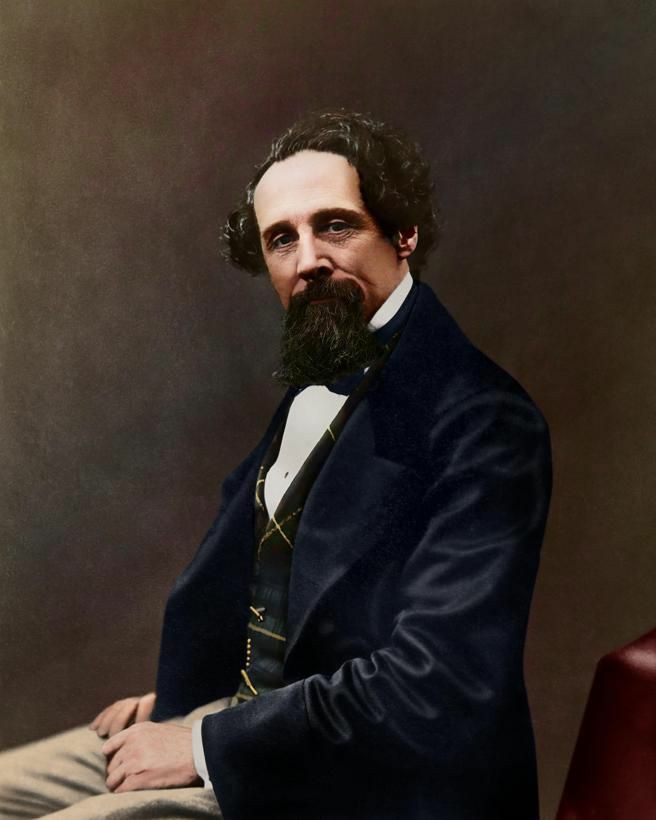
In 1865, Dickens was a member of the board chaired by Thomas Carlyle that was set up for the legal defense of the Colonial Governor of Jamaica Edward John Eyre who had brutally and effectually suppressed the bloody Morant Bay rebellion of Jamaican blacks against the British white minority. The “Governor Eyre Defence and Aid Committee,” manned by Dickens among others, fought against John Stuart Mill’s and Charles Darwin’s “Jamaica Committee” which wanted to see Eyre tried for murder. The former committee argued that Eyre had acted correctly in his actions to quell a would-be Saint-Domingue style insurrection, while the latter took the side of the bloodthirsty mutineers … er… I’m sorry, precious little angels. Thanks in no small part to Dickens’ committee, Eyre was exonerated. I only include these instances from Dickens’ life to convey how the man thought, which is no doubt distilled in his works of fiction.
Given the time of the year, and how popular A Christmas Carol is around the Christmas season, I hoped you, like myself, would find some of this interesting and maybe inspire you to give the story another read/watch. Afterall, Dickens and that work in particular have become integral parts of what it means to celebrate Christmas today. Countless film adaptations have been made of that story and at least one of them is consistently ranked among the most popular Christmas movies for Americans. Apart from the Christmas story in the book of Luke, and perhaps with the exception of ‘Twas the Night Before Christmas, Dickens’ story is the most archetypal yuletide tale in the Anglosphere. Almost everyone knows it or at least recognizes the cultural impact of it and how it has affected popular culture. It is an almost perfect story for the Christmas holiday that conveys how a man whose heart was cold as ice was redeemed, and from a conservative’s viewpoint it stands as a yuletide-themed critique of individualism. Reading it or watching one of the many adaptations of the story is a tradition of my family’s for good reason. It’s one the many ways we celebrate and it is important to note that celebrating the spirit and the beauty of Christmas in a world that glorifies ugliness is one of the surest ways to “revolt against the modern world.”
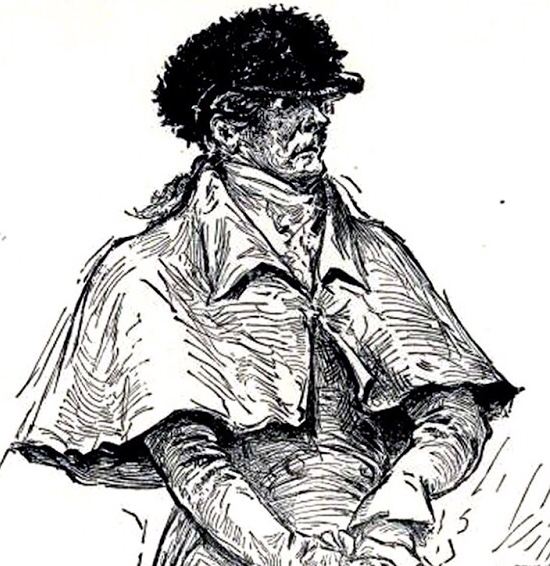

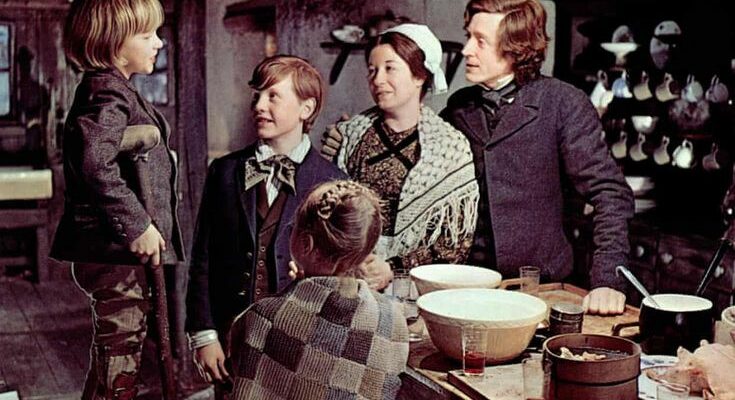
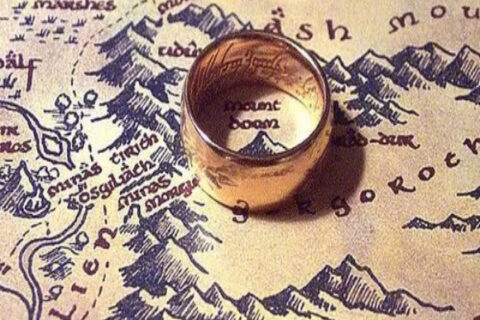


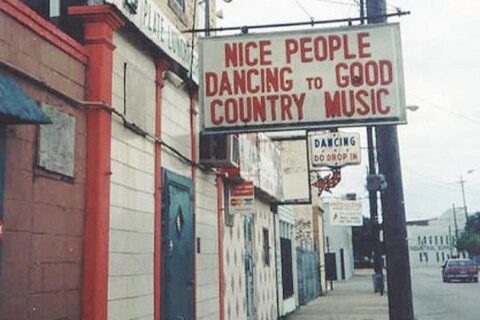
Thank you for this. For Christmas today, I would like a list of people throughout history who have sided with us and those who have attacked us. Yes that’s right, I want a naughty and nice list for those who have stood by our side and those who have not.
I want it for companies, people, traitors, States, cities and nations. Then I want to make it available for all Southerners to access. Steven King, the hate filled, Lincoln worshipping Communist from Maine? Ban his works in our homes and businesses. Charles Dickens? Support him and his work. Did one store ban our flags and promote Yankee lies? Ban their products in our homes. Did another support it? Then we support them. Did Maine, New York etc. ban our flag and call it a hate symbol? Ban anything and anyone from there from our home. Why can’t we ban Lincoln as a hate symbol? Dale Earnheart Jr.? Not a Southerner, but a reconstructed clown. Ban him from any Southern cultural activity and denounce him at every turn, eventually send him into exile from our home once we are free. I hate traitors more than Yankees, so should you.
We have to start keeping track of who we are in this era of carpetbagging trash, but just as importantly, keeping track of who our enemies are is keeping track of who our friends are. Its too much for us to carry around in our head, we need it to be easily accessible for all of us and updated constantly.
Santa kept that list for a good reason, we should learn from him.
Charles Dickens just made the nice list in my home, thanks for letting me know.
Thanks for presenting these little-known facts about Dickens.